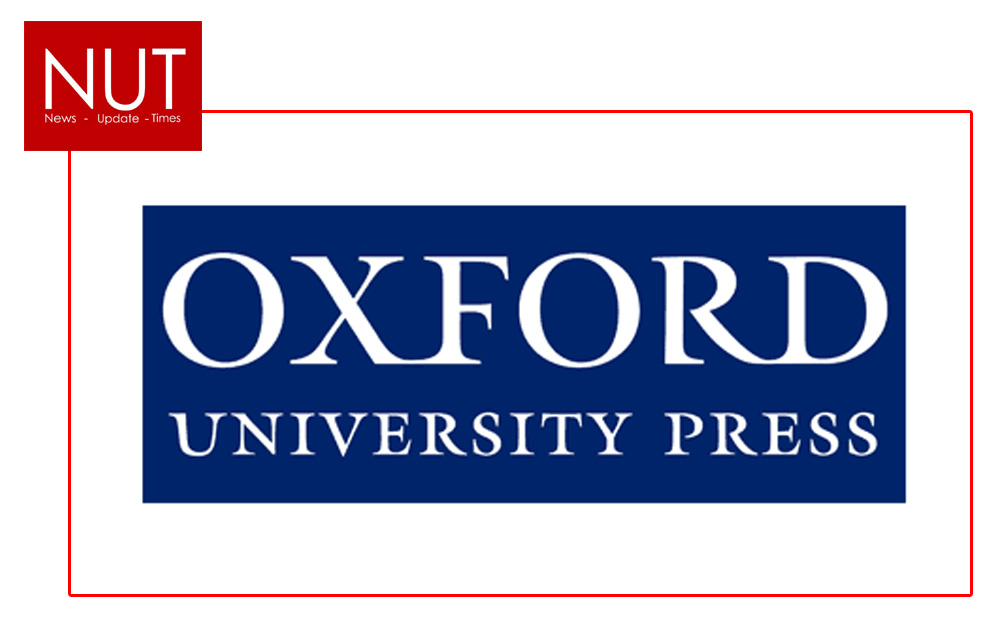Lahore (Muhammad Yasir) A global report published by Oxford University Press states that limited digital capabilities act as a major problem just like limited access to technology. Around 68% of teachers think less digital access (Internet or physical access to a device) is the biggest obstacle to digital learning. Another major issue is lack of digital skills. According to report deficiency in capabilities have not only been witnessed in teachers but students as well that hinder the success of digital learning. This report examines the digital distribution in education after the shift to digital learning during COVID-19.
The report includes the views of 1,557 schools and English language teachers on digital schooling in 92 countries including Pakistan. in light of this report, recommendations have been made to improve the education system in the future by reducing the problems n digital learning being faced by millions of students around the world.
Oxford University Press recommends that more focus should be placed on independent learning in order to end this growing digital divide. Such students perform much better in their academic careers. Independent learning provides students with valuable time off the screen and to some extent reduces the stress they face all day when dealing with poor internet connection.
The report states that the lack of digital skill deficiency in teachers, students and their parents has hampered digital learning to an alarming extent. Regular training of teachers will ensure that digital knowledge does not become obsolete. The report urges governments around the world to prioritize investments that may contribute in efficient access to reliable Internet connections and devices. Governments must actively cooperate with teachers and students in developing future policies and curriculum by using recent experiences.
Nigel Port wood, CEO of Oxford University Press, said: “The world of education is constantly undergoing a major digital transformation and many students are feeling the pinch because of the digital divide. If we do not make sure that teachers, students and parents know how to use digital tools effectively, this digital division will continue to grow.” While quoting the report, Fatima Dada, Managing Director, OUP Education Division said “Governments and policy experts need to come together globally to address the issues raised by this report and immediate measures should be taken to resolve these problems in digital learning”.







